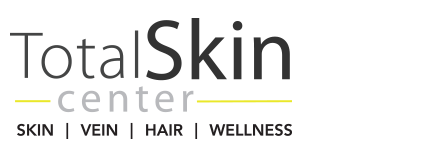Eczema
Eczema is a term used to describe a number of medical conditions that result in itchy and irritated skin. Eczema is most prevalent in infants, though many outgrow the condition by their tenth birthday. For some individuals, however, the symptoms of eczema can last a lifetime, but Dr. Darling in the Kansas City area is here to help you through our range of treatments.
Types of Eczema
Atopic Eczema – Atopic dermatitis is the most common form of eczema that tends to run in families with a history of eczema, asthma or hay fever. Symptoms of atopic eczema may include blisters, redness around the blisters, raw areas of skin due to scratching and rashes. Infant rashes can appear on the face, scalp, hands and feet. For adults and children, however, rashes due to eczema are usually confined to the inside of knees and elbows, the neck, the hands, and feet.
Dyshidrotic Eczema – Less common than atopic eczema, dyshidrotic eczema is distinguished by the appearance of blisters on the hands and feet. People are more likely to develop dyshidrotic eczema when they are under stress, suffering from allergies or working with their hands in moist or wet conditions.
Nummular Eczema – Nummular eczema is a fairly uncommon condition that most often affects elderly men. Symptoms include small, itchy patches on the arms and legs that can spread to the middle of the body.
Seborrheic Eczema – Seborrheic eczema, or seborrheic dermatitis is a condition resulting in an itchy scalp, beard area or central chest. In infants, seborrheic eczema (aka Cradle Cap) appears temporarily in thick, crusty scales on the scalp.
Treatments
At-home treatments for eczema include avoiding contact with irritating substances, keeping the skin hydrated with lotions, and not scratching at infected areas. For seborrheic eczema, patients should use specially medicated shampoo on a daily basis. Antihistamines ingested orally may also help with itching.
Eczema is most often treated with medications applied directly to the skin. Prescribed medicines include cortisone creams, ointments containing coal tar or anthralin and repair creams containing ceramides. Severe cases may necessitate the use of antibiotic creams, allergy shots or orally ingested corticosteroids.

